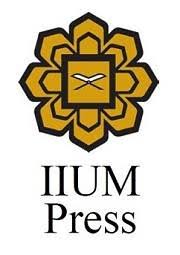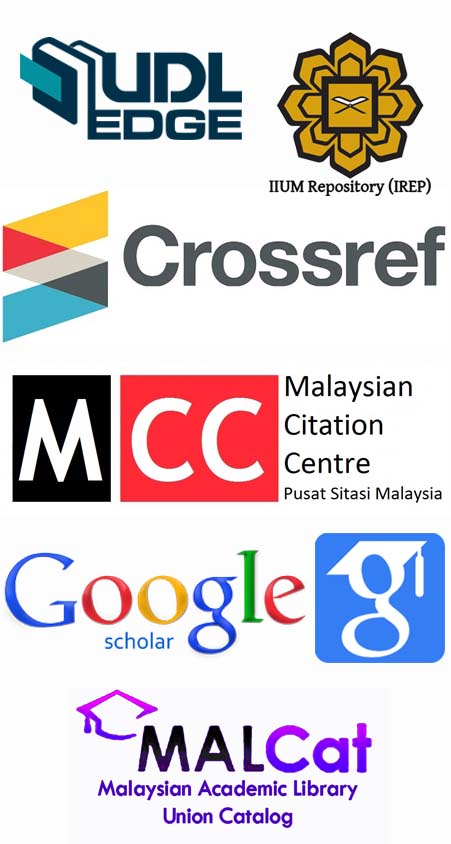Imam Farahi’s View on Rationality: A Framework for Modernity Discourse
DOI:
https://doi.org/10.31436/alburhn.v2i2.111Keywords:
Reason, Revelation, Islam, Hamiduddin Farahi, Development, The Quran.Abstract
Abstract: Imam Hamiduddin Farahi (d. 1930) is one of the legendary Islamic scholar, philosopher, theologian and exegetist of the Quran of the modern era. His works cover reconceptualization and reactivation of the idea of coherence in the Quran, redefining all Islamic sciences and disciplines which have been regarded as necessary to understand the Quran or which have originated from the Quran giving the centrality and discernment to the Quran. He challenged many of the prevailing discourses in the field of Quranic sciences, sciences of hadith, jurisprudence and its principles, logic, theology and philosophy, and field of Arabic grammar and rhetoric. This paper aims to study his thoughts on the role of reason in the Islam and how Islam nurtures and trains the reason in its own way. To achieve this aim, his book on the science of the argument of the Quran namely, Hijaj-ul-Quran in addition to few other books on the same topic is consulted by employing content analysis methodology. The findings show that the discussion of compatibility of reason with revelation is the result of misunderstanding the latter two. As a matter of fact, reason and revelation goes together complementing each other and there is no possibility of any kind of contradiction between the two. The Quran not only encourages the use of reason, rather it provides some rules and mechanism to further develop the ability of reasoning to a higher altitude which is not easily attainable without painstaking effort and long exercise.
Downloads
References
ʿAqqād, Maḥmūd ‘Abbās. (1986). al-Tafkīr Farīḍah Islāmiyyah. Egypt: Dār al-Kutub.
Farahi, H. (1340 H.). Jamharāt-al-Balāghah. Azamgarh: Ma’arif Publications.
Farahi, H. (1975). Al-Qāʿid ilā ʿUyūn-al-ʿAqāʾid. New Delhi: Al-Balagh Publications.
Farahi, H. (1991). Dalāʾil al-Niẓām. Azamgarh: Al-Dā’irah Al-Hāmidiyah
Farahi, H. (1991). Asālib al-ʿArab. Azamgarh: Al-Dairah Al-Hamidiyah
Farahi, H. (1994). Imʿān Fi Aqsām al-Qurʾān. Damascus: Dār-al-Qalam.
Farahi, H. (2002). Mufradāt al-Qurʾān. Beirut: Dār-al-Gharb al-Islāmā
Farahi, H. (2008). Ḥijaj-al-Qurʾān. New Delhi: Al-Balagh Publications
Farahi, H. (2011). al-Takmīl fi Uṣūl al-Sharāʾiʿ. Azamgarh: Al-Dairah Al-Hamidiyah.
Farahi, H. 2008 Niẓām al-Qurʾān wa Taʾwīl al-Furqān bil Furqān. Azamgarh: Al-Dā’irah Al-Hamidiyah
Farhat, A.H. (2001). Fī ʿUlūm al-Qurʾān, Jordon: Dār ‘Ammār
Farhat, I. H. (2018). Methodology of Imam Farahi in the Issues of Creed. Majallah Al-Hind 7 (special issue 1), part 2, 447-481.
Ibn Ashur, M. T. (1983). al-Taḥrīr wa al-Tanwīr. Beirut: Mu’assah al-Tarikh al-Arabi.
Ibn Taimiyah. (1991). Dār Taʿāruḍ al-ʿAql wa al-Naql. N.P: Dar al-Kutub.
Nadwi, S.S. (2000). Sīraṭ al-Nabī (3). Azamgarh: Shibli Academy.
Qutub, S. (1996). Fi Ẓilāl al-Qurʾān (3). Qairo: Dar-al-Shurūq.
Subhani, M.E.A. (2003 Imʿān al-Naẓar fī Niẓām al-Āy wa al-Suwar. Jordan: Dār ‘Ammār
Subhani, M.E.A. (2005). al-Burhān fī Naẓm al-Qurʾān. Jordon: Dār ‘Ammār
Subhani, M.E.A. (2016). Al-Taḥrīr wa al-Tahbīr fi Uṣūl al-Tafsīr. Jordan: Dār ‘Ammār
Subhani, M.E.A. (2017). ʿIqd al-Jumān fī Taqwīm Tadabbur al-Qurʾān. Jordan: Dār ‘Ammār
Subhani, M.E.A. (2018). A Reading of Imam Farahi’s al-Qāʿid ila ʿUyūn al-ʿAqāʾid. Majallah al-Hind. 7 (Special issue1), Part 2, 701-713.
Downloads
Published
How to Cite
Issue
Section
License
In general, reusing or reproducing substantial portions of al-Burhān content requires permission. This includes the use of text, figures, tables, multimedia content, and any other material published in any issues of al-Burhān Journal of Qur'an and Sunnah Studies. For some instances, al-Burhān may make its content freely viewable; however, such material may require permission for reuse. To seek permission, please contact the editorial.









